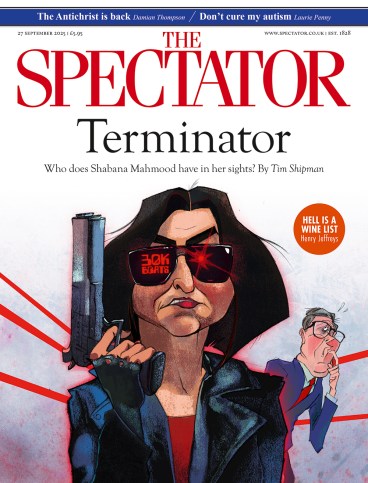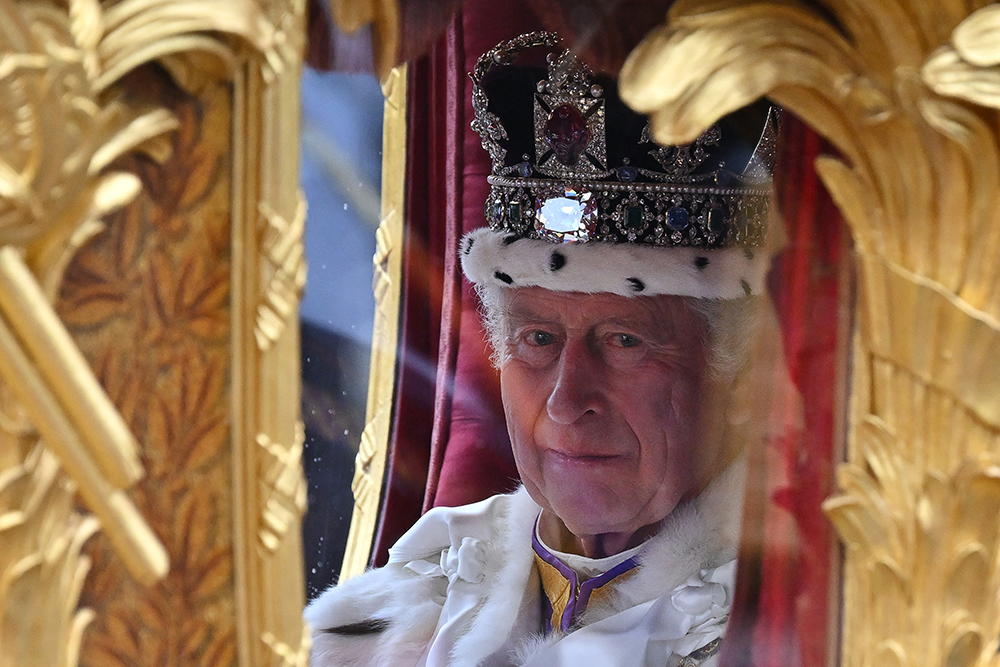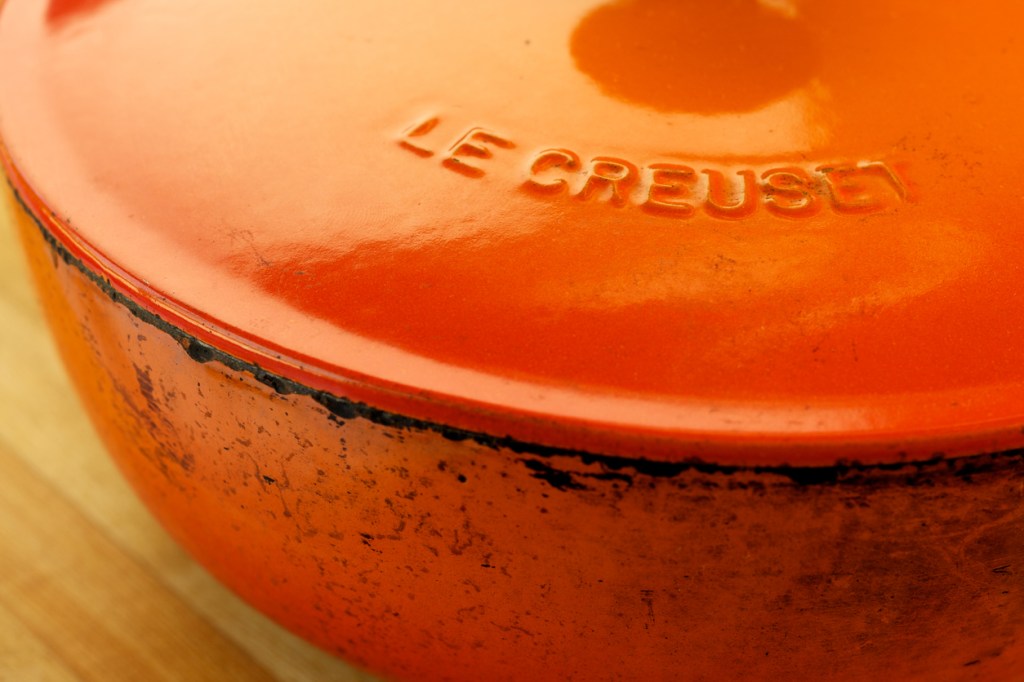
Valentine Low is an old-school royal journalist; less muckraking reporter, more Establishment eye (the Times for 15 years) across our nation’s oldest institution. It is his disarming charm (I’ve had the pleasure of televised royal parley with him) that has guaranteed him access to the great and occasionally ghastly in the higher echelons of British society. His previous book, the innocuously titled Courtiers, published just at the point of the Sussexes’ scandal-ridden departure, skipped nimbly over accusations of bullying and impropriety and became a bestseller. Expectations were high for Power and the Palace. The publisher insisted on an NDA.
I waded through tranches of 19th-century history in the knowledge that Low’s gilt-edged gossip would not eventually disappoint. It turns out that Elizabeth II really was a Remainer, and that there was no love lost between the perennially late Boris Johnson and the then Prince Charles. As for Camilla, she has always been feisty, confronting a sex pest in a train with the sharp end of her shoe when a teenager. Even Low’s musings on monarchy’s historic power games proved a pleasure. The book opens with the accession of William IV, Queen Victoria’s uncouth uncle, and a tussle with a malfunctioning pen. If that sounds familiar, it’s because the protagonists are related and all end up in the same job.
The main story is one of political slippage. William IV was the last king to dismiss a prime minister (Lord Melbourne) who still had the support of the House of Commons. Nearly 200 years later, Charles III could not dismiss Liz Truss, no matter how much he may have wanted to. Power is the diminishing royal asset Low purports to track over two centuries; and he is at his best when reminding us of how in the past century the Windsors did not always take kindly to their transition from political brokers to national symbols.
Unsurprisingly, Charles as the impatient Prince of Wales looms large in the last quarter of the book.These days, with His Majesty ailing but biddable and avuncular, it is painful to recall just how cringeworthy he was, back in the day. ‘Undergraduate’ interventions on GM crops, education, architecture and the countryside rattled New Labour’s cage. Tony Blair bobbed and weaved; Alastair Campbell groaned; and ultimately the entitled future king was palmed off with Peter Mandelson.
Low reminds us of Lloyd George’s advice to the future Edward VIII: ‘If you are one day to be a constitutional monarch, you must first be a constitutional Prince of Wales.’ And he recalls the Guardian’s tenacious legal efforts to uncover Charles’s ‘black spider memos’. But we do not linger long over the exemptions current royals have from the Freedom of Information route that yielded Charles’s political indiscretions. It was David Cameron who protected royal correspondence from costly FoI inquiries, blocking one of the few remaining ways left of evaluating behind-the-scenes monarchical influence on the body politic. Low notes Cameron’s royal credentials: the late queen was his fifth cousin twice removed; his brother went to school with Prince Edward; and his first job in politics came with a recommendation from the palace.
King Charles III ascended the throne the richest monarch in modern history – thanks to generations of politicians
As chancellor, Ken Clarke observed that ‘most politicians are so in awe of the royal family that expressions of displeasure from the palace about issues bearing directly on the family can usually produce quite significant policy shifts’. Even he wasn’t prepared to pass on the news that HMY Britannia would not be replaced. That was left to the dour son of the manse, the future chancellor Gordon Brown. But if the royal yacht has proved one of the Windsors’ few material losses in recent years, generally their assets have grown. George Osborne was very excited about cutting a new financial deal for the royal family. Low explains how the bloated Sovereign Grant was his pet project, and when the penny dropped that it would guarantee royalty a financial win even in a bad year, any attempts at pushback became futile.
We are told how the royals have been extremely astute at holding on to their money. It is, Low muses, one of ‘two vital principles for guaranteeing the long-term survival of the monarchy’, alongside ‘letting go of power’. Here I longed for him to join the contradictory dots that pepper his book. In their capacity as business and property magnates (owners of the Duchy of Cornwall and Duchy of Lancaster for starters), surely the royals’ scope for political influence in the service of their own vested interests, unfettered by transparency and taxation rules, is a form of power.
The book closes with discussing Charles’s debt of gratitude to his mother. Low refers to His Majesty’s apolitical inheritance. But he might just as well have reminded us that the King ascended the throne the richest monarch in modern history – thanks to successive generations of politicians over whom the royal family apparently has no real power.








Comments